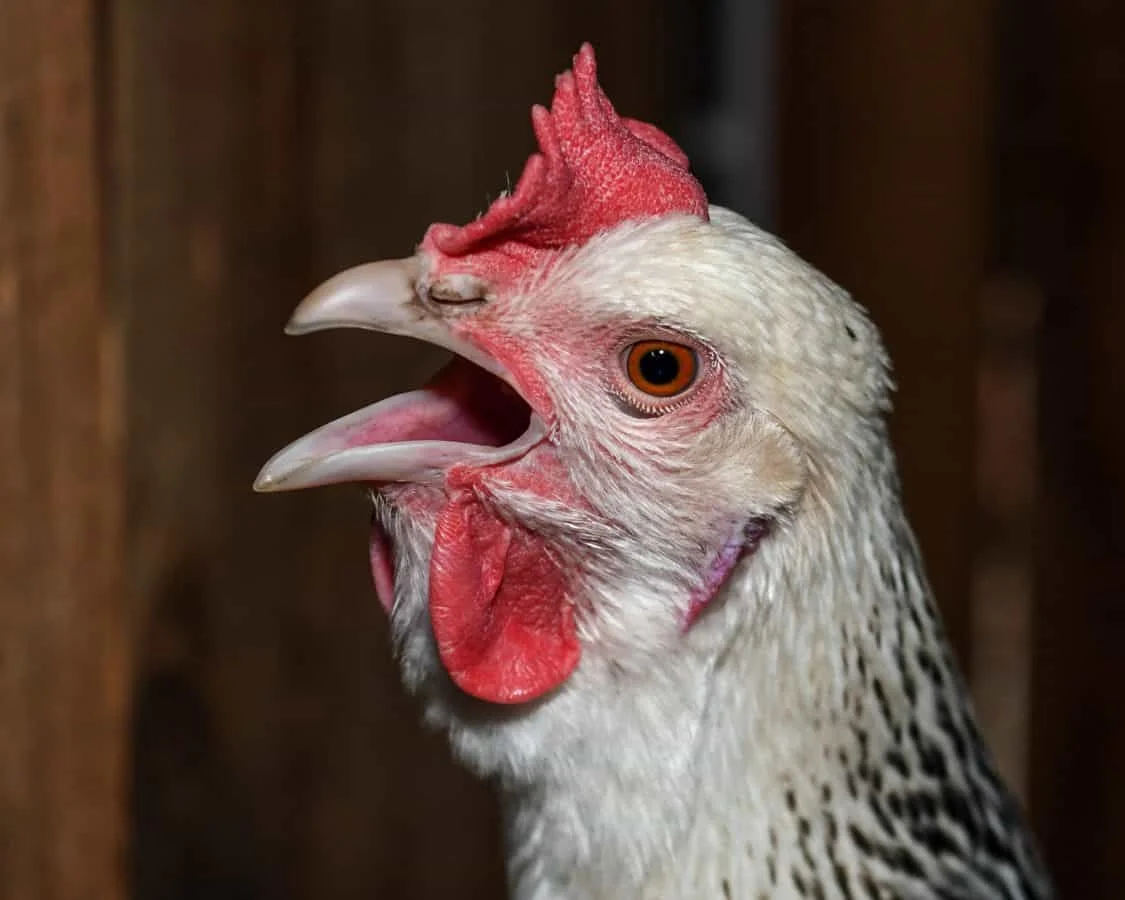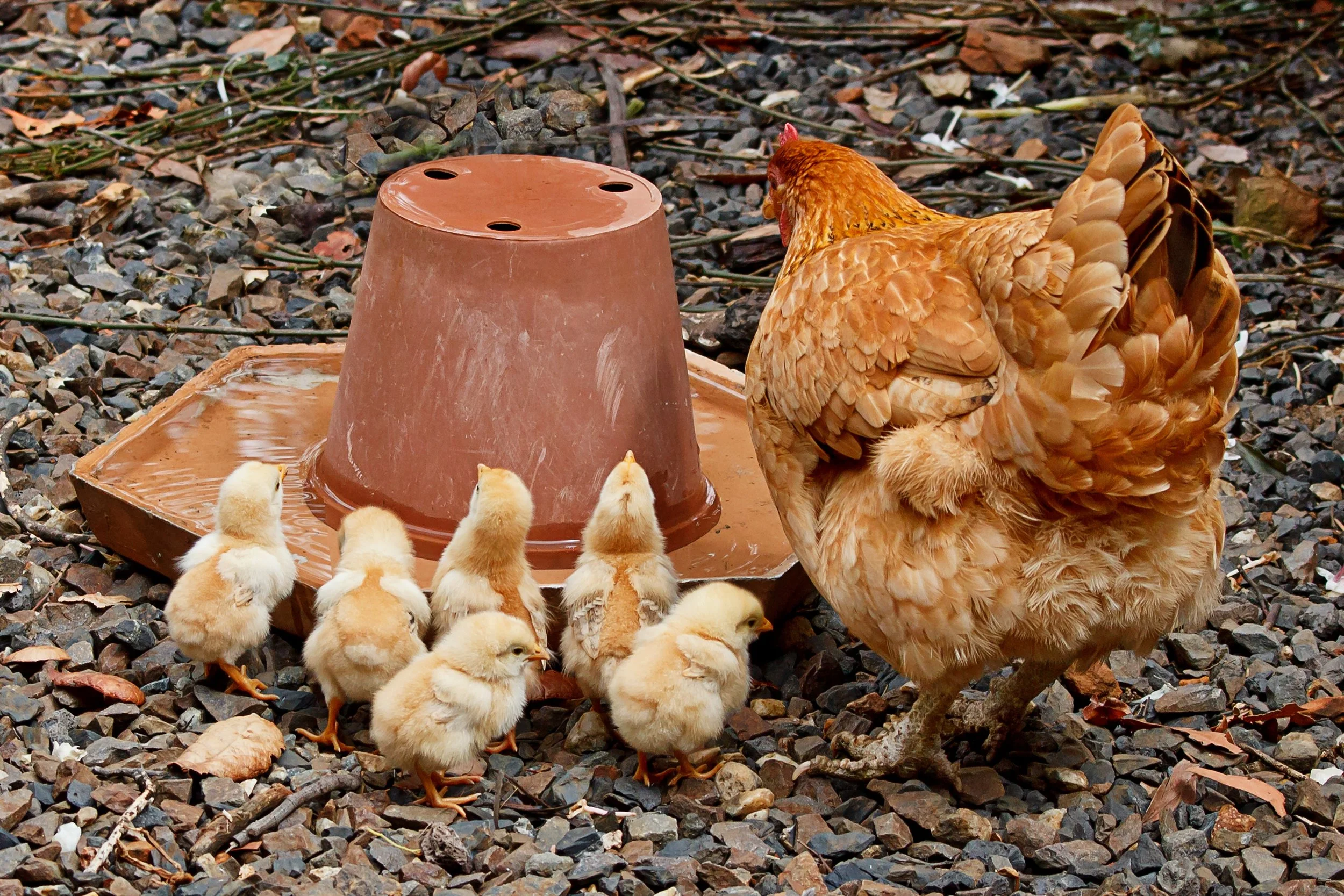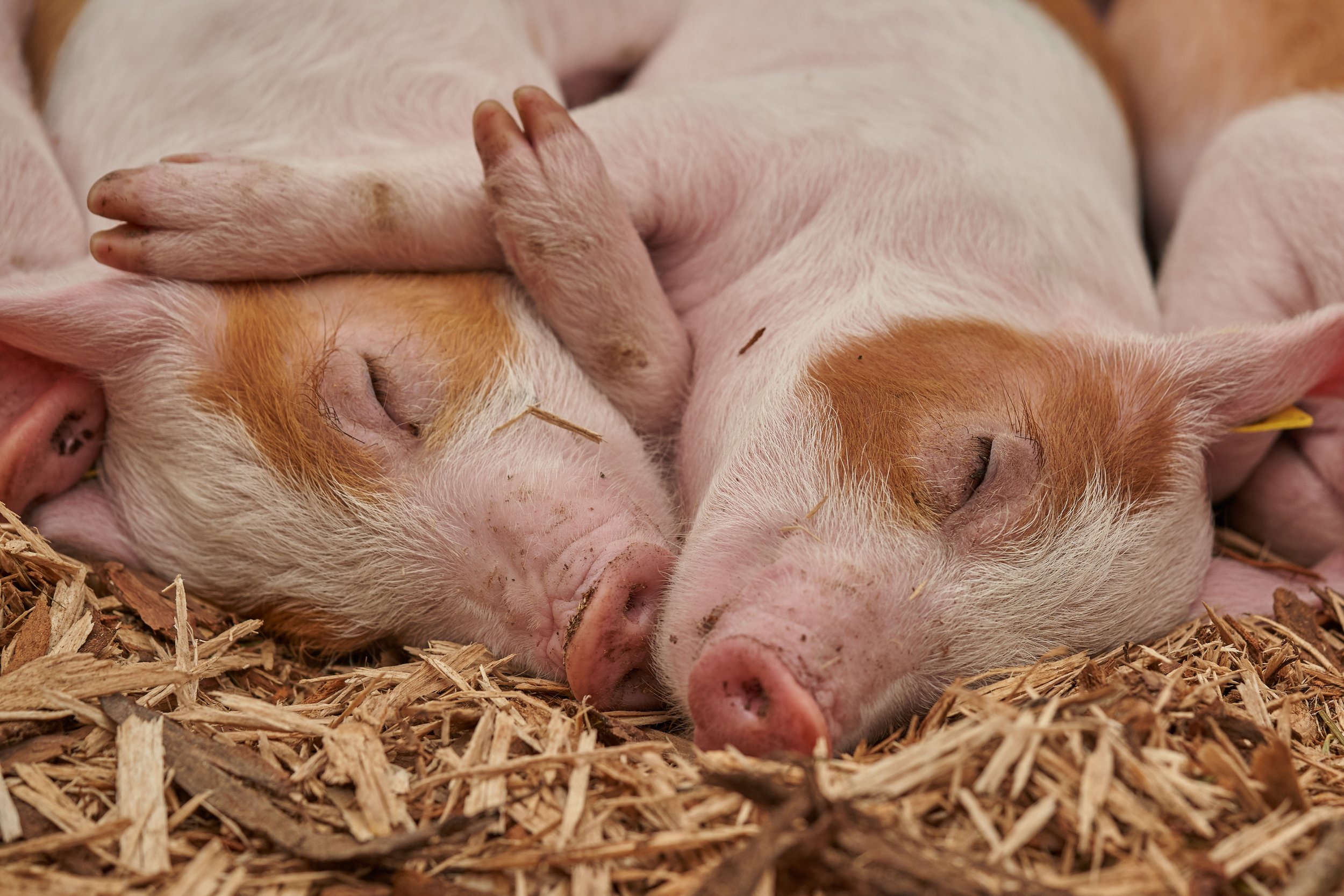Our evidence suggests that the #NoBeef campaign has led to an overall reduction in the consumption of animal products. Those who sign up, say that rather than switching from beef to other meats, they’ve been much more sensitive about eating animal products in general, and reduced their intake.
Meanwhile, the #NoBeef Campaign is reaching an audience of people previously unreceptive to vegetarian and vegan campaigns…
Animal Suffering
If you switch beef for plant-based proteins, you’re definitely doing a good thing.
But… if you switch from beef to chicken or pork, there’s something else to consider.
From an environmental perspective, the switch to chicken or pork makes a lot of sense, but in terms of animal suffering, it doesn’t.
Why?
Because cows are big.
It could take you a year to eat a cow’s worth of protein, but to get the same amount of protein, you’d need loads of chickens, which means many more suffering animals on the planet.
Eating Whales
If we want to minimise animal suffering, but still want to eat animals, then some say that the best animal to eat is a blue whale, because you can feed hundreds of people with one animal.
But do we want to eat whales?
No… because we know how intelligent they are.
Chickens
We generally don’t think of chickens as being very intelligent.
Also, chickens are extremely efficient at converting grains to protein…
1kg of chicken requires 1.8kg of food.
1kg of beef requires 6kg of food.
Meanwhile, chicken feathers can be converted to high-protein animal feed, their manure can be made into high quality fertiliser, and of course, they produce delicious eggs too.
It’s not surprising that chickens are the world’s most common domestic animal, with around 20 billion of them on the planet.
But are chickens stupid?
“Chickens are not as clueless or “bird-brained” as people believe them to be. They have distinct personalities and can outmanoeuvre one another. They know their place in the pecking order, and can reason by deduction, which is an ability that humans only develop by the age of seven."
- Lori Marino, Senior Scientist, The Someone Project
Chickens can deceive one another, and they watch and learn from each other too. Even at 5 days old, they can do basic maths: tracking how big stockpiles of food become just by watching amounts disappearing into holes.
Chickens have self-awareness: they carefully consider their social position before pushing others away to claim food. Their communication (a language of at least 24 different sounds) also shows they’re able to take the perspective of their fellow chickens.
We might find birds harder to relate to than mammals, but the evidence shows us that some of the most intelligent creatures on Earth are birds.
When birds are treated as pets they often respond as pets: enjoying attention and affection just like dogs.
Fish
Fish seem pretty stupid though, right?
We're often taught that fish have memories only lasting a few seconds, but that’s false: experiments show that fish can remember the location of a hole in a net many months after finding it.
Fish can also recognise faces: one another's and ours. Numerous divers have also filmed themselves petting friendly Groupers who recognise them and swim up to say hello.
We’re also often taught that fish don’t feel pain, but that’s false too.
Fish who have irritants injected into their lips will rub them incessantly against their tank walls until they’re given pain-relievers.
Pigs
If you’ve ever spent lots of time with pigs, you’ll realise that they’re at first shy, then curious, then friendly then enthusiastic.
They have a lot in common with us, and they’re really lovable.
They’re also the most likely farm animal to double as a pet.
Pigs can recognise themselves in mirrors, play simple video games, and they even show preferences for different types of music.
“After 10 years of looking into thousands of pig eyes, I’ve come to understand that they’re never vacant. There’s always somebody looking back at me.”
- Bob Comis, ex pig farmer
Animal Emotions
It’s well known that all of our farm animals have natural instincts to play, to run around, to explore, to find their place in their social community, and to form close emotional bonds.
However, we put our farm animals in a strange position: we satisfy all of their functional needs, but we deprive them of their ability to pursue these natural instincts.
Travelling through the countryside, it might look as though many cows have pretty good lives; wandering around big green fields, but these cows are the fortunate minority.
Most cows are stuck in tiny, cramped conditions, being fed, watered and kept warm, but barely able to turn in a circle, let alone explore and build relationships.
Would we be happy if we had all the food, water and shelter that we needed, but we were kept in cramped conditions, unable to interact normally with other humans?
Nope.
The Bottom Line
Considering only climate change, we ought to give up beef (and lamb)… but considering climate change and animal suffering together, it stands to very good reason that we should give up as many animal products as we can.
People are changing.
Americans are eating around half a billion fewer animals per year than they were a decade ago.
Let’s carry on this way.
(Thanks to Brian Kateman of the Reducetarian Foundation for his help with this section)






